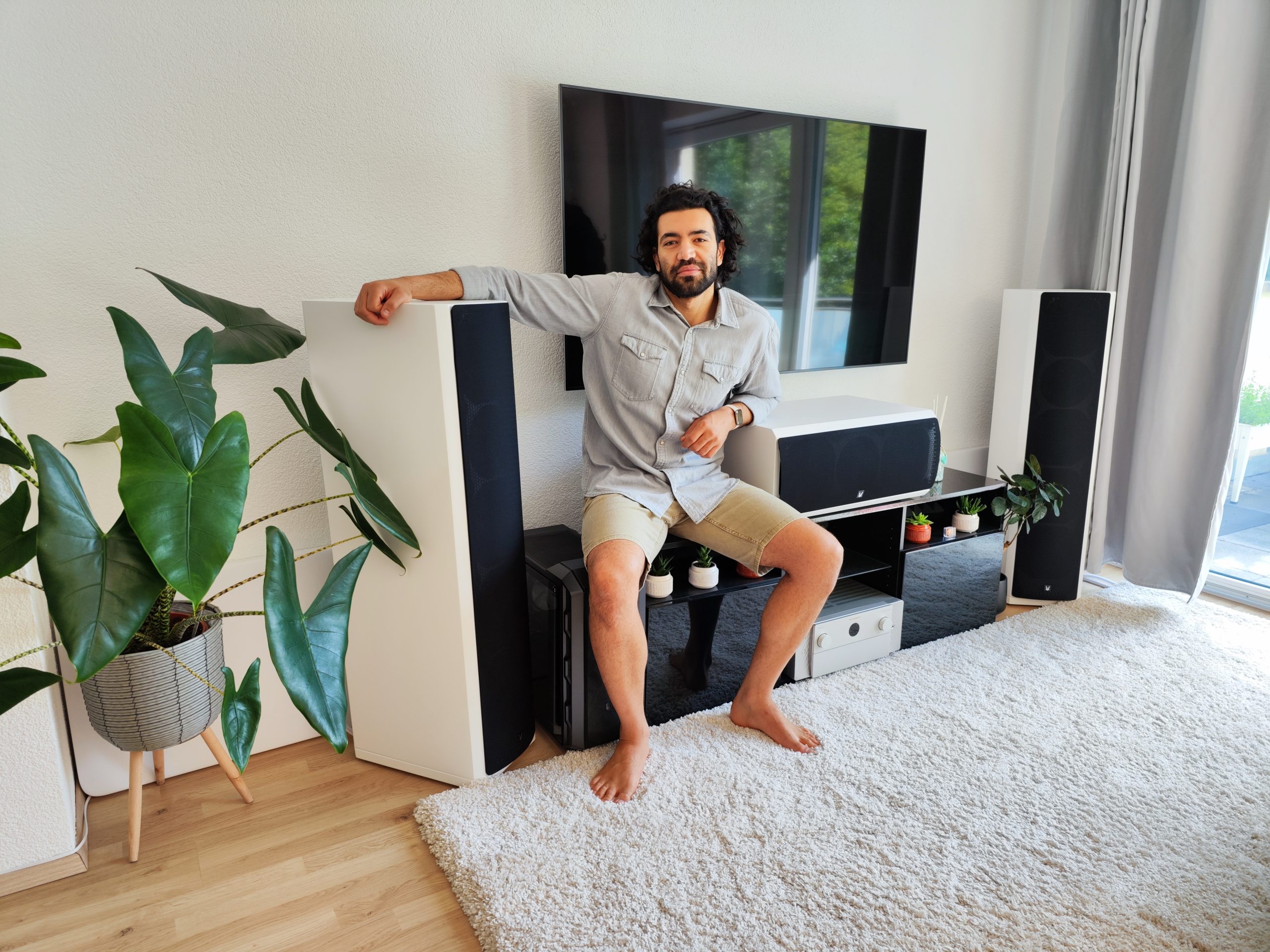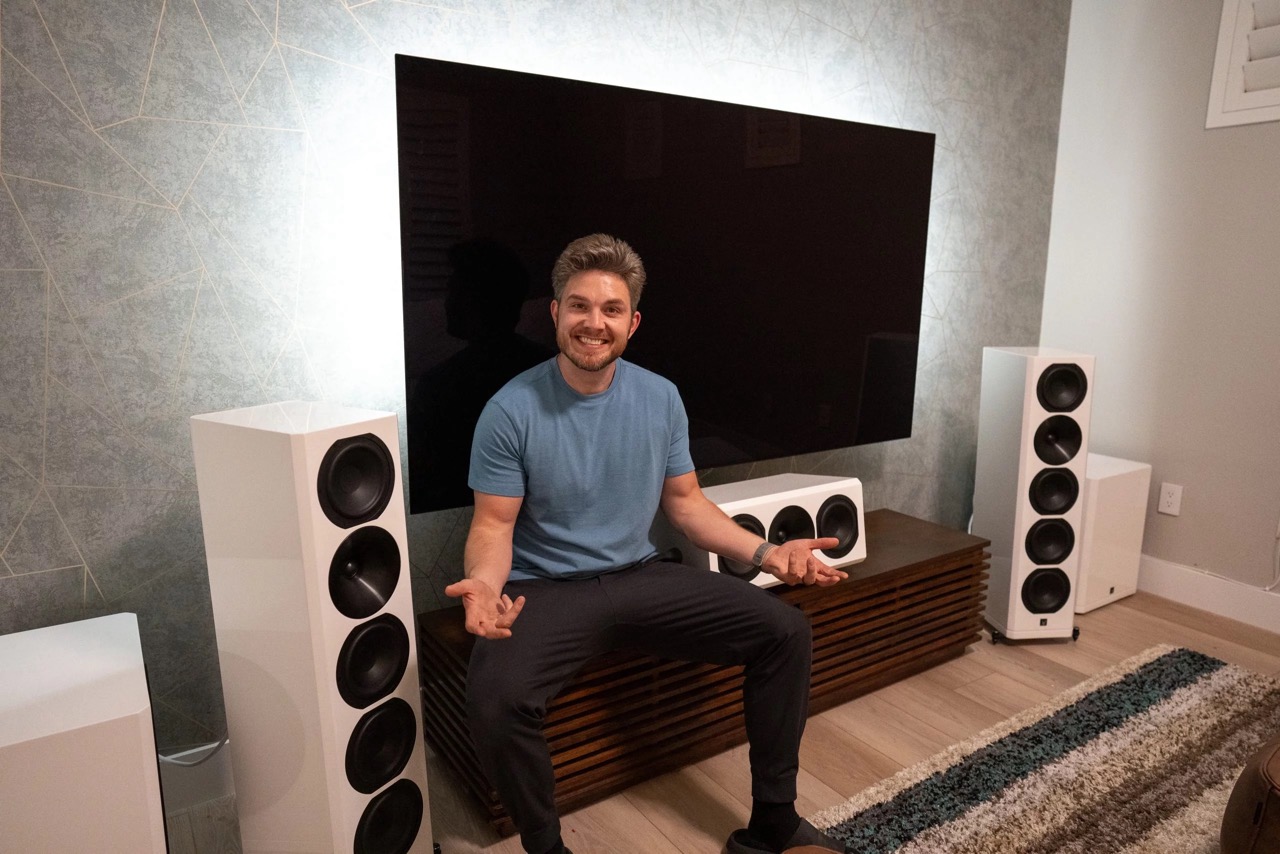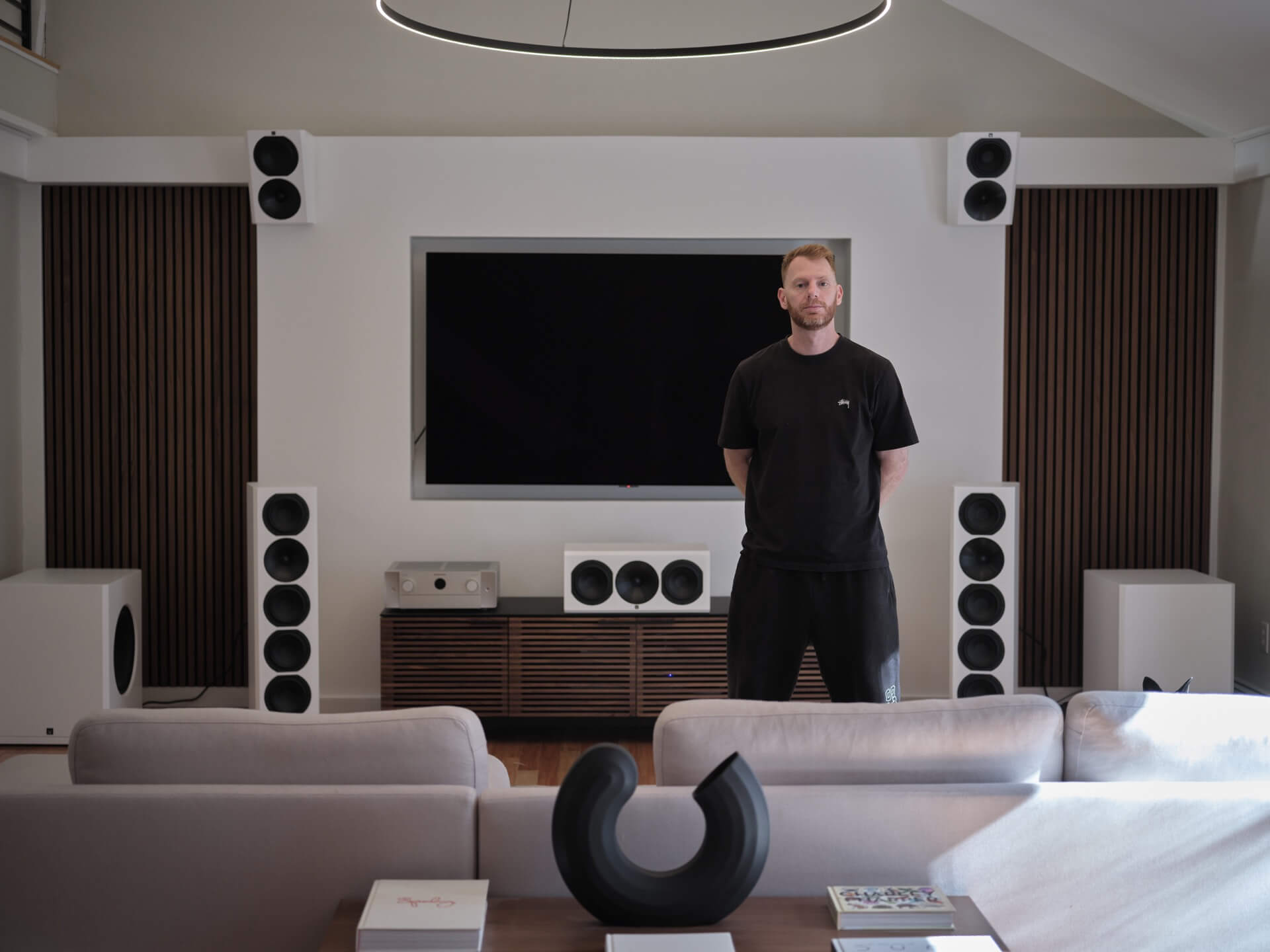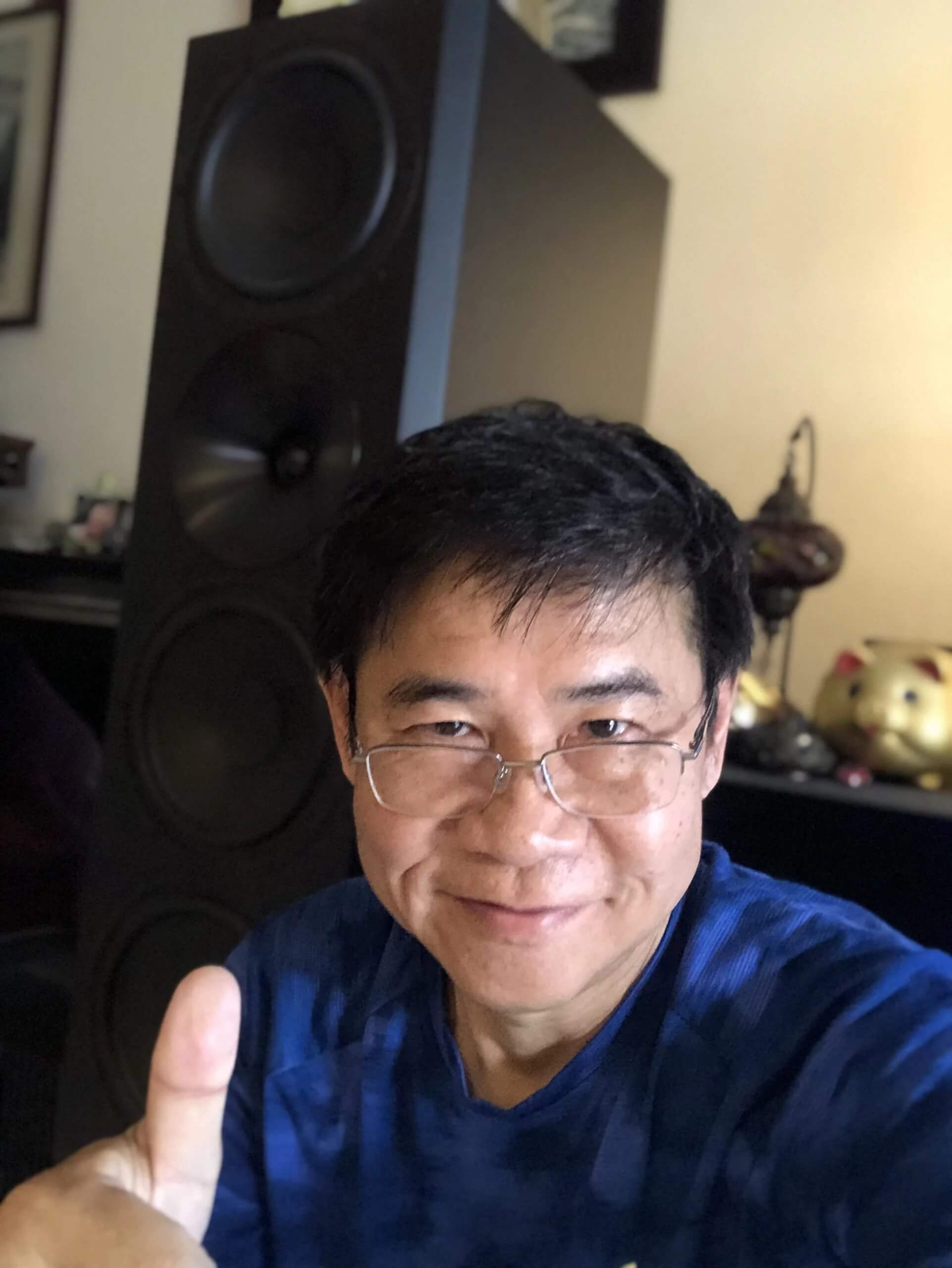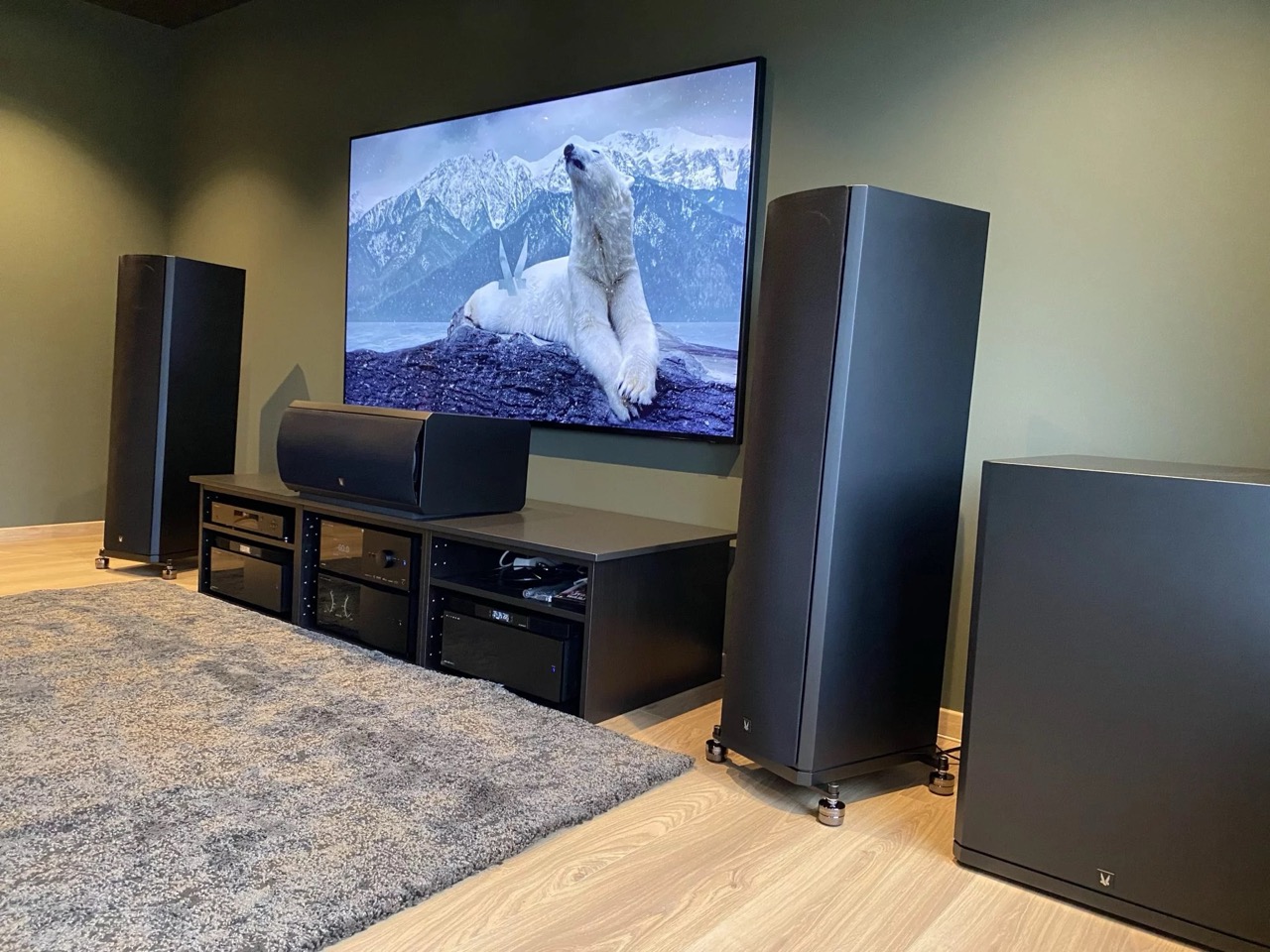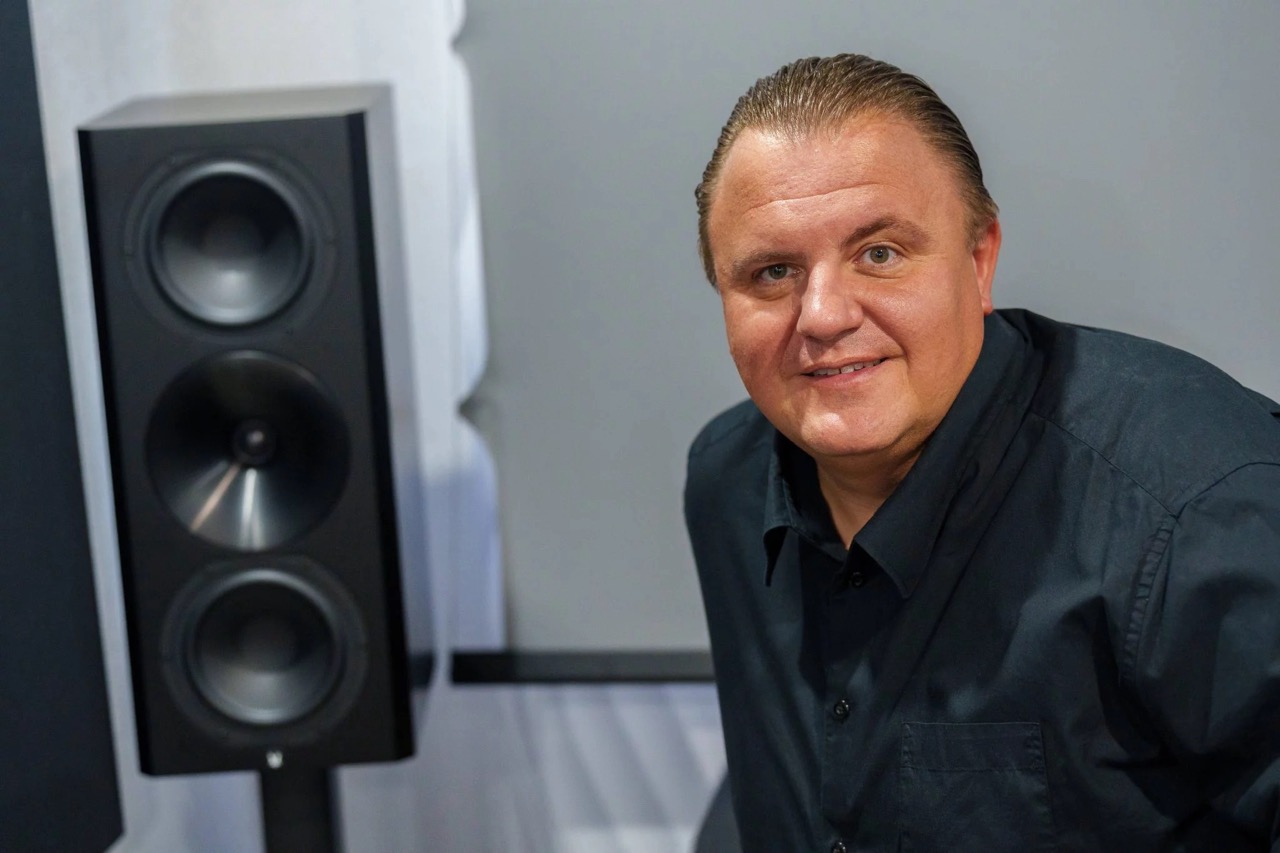Electrical Needs for a HiFi System
Article summary - TL;DR
- Understanding power requirements is essential for optimizing your HiFi system's performance.
- Dedicated circuits can enhance stability and reduce interference for audio components.
- Investing in power conditioners and surge protectors can protect your equipment and improve sound quality.
- Mitigating ground loop issues is key to avoiding unwanted hum in your audio system.
- Future-proof your setup with plans for potential upgrades and consult professionals when needed. Enhance your audio experience with the 1528 Tower 8 for deep, expansive sound.
Understanding the Power Requirements
Building a HiFi system is more than just selecting the best audio components; it also involves understanding the electrical needs for optimal performance. This entails knowing the power ratings of each component, the total power they’ll draw, and how your home’s electrical infrastructure supports them. Not all systems require the same amount of power, and the demands can vary significantly based on the size and capability of your equipment.
High-fidelity audio components, including amplifiers, receivers, and powered speakers, often require more power than typical home appliances. The power they draw is not only dependent on the wattage they operate at, but also on the dynamic nature of audio playback. Large fluctuations in power draw can occur as your system processes different audio levels during use. Understanding this is crucial for safe and stable operation.
To begin, examine the power ratings given by your equipment manufacturers. These specifications can usually be found in the user manuals or on the manufacturer’s website. Note that amplifiers and receivers should have both power consumption and output power ratings. It’s important to consider both when calculating your needs. Always leave a bit of headroom in your power calculations to ensure that electrical circuits are not pushed to their limits.
Choosing the Right Circuits and Outlets
Selecting the appropriate circuits and outlets in your home is an often-overlooked aspect of setting up a HiFi system. In many cases, your audio system will benefit from having a dedicated circuit. This means that the outlets used for your audio equipment are not shared with other appliances, which could cause interference or tripping of circuit breakers due to overloaded circuits. Consulting with an electrician can provide you with the best route for installation.
Ensure that the outlets you plan to use can handle the power requirements. Many older homes may have outlets that are not designed for the higher loads that modern HiFi equipment demands. Inspect these outlets for any damage, and consider upgrading them to newer, high-capacity versions if needed. This not only improves safety but also ensures consistent power delivery to your audio components.
For some audiophiles, the pursuit of the perfect audio experience extends to specialized audio-grade outlets designed to provide cleaner power with less electrical noise. While the benefits of such upgrades are debated in the HiFi community, it is an option worth exploring for those committed to achieving the best possible sound quality.
Power Conditioners and Surge Protectors
Power conditioners and surge protectors are vital additions to any HiFi system. Not only do they offer protection from power surges that could potentially damage sensitive audio equipment, but they can also filter out electrical noise that can interfere with the sound quality of your system. Investing in a good quality surge protector is a small price for protecting your potentially significant investment in audio equipment.
Power conditioners take this protection a step farther by regulating the electrical current’s quality coming into your HiFi system. By providing a consistent voltage free from fluctuations and spikes, they can contribute to a more stable and cleaner sound profile – although the extents of these benefits are subject to individual user experience and equipment sensitivity.
When shopping for a power conditioner or surge protector, look for products with a high ‘joule rating’, which provides a measure of energy absorption and protection. Units designed for audio and home theater applications are preferred as they are tailored for the needs of these specialized electronics. Also, it’s crucial to ensure ample outlets for all current and potential future components in your HiFi system.
Mitigating Ground Loop Issues
A common issue in complex audio setups is the ground loop, an electrical phenomenon that can introduce a persistent low hum or buzz into your HiFi system. Ground loops occur when multiple devices are connected to a common ground through different paths, and differences in ground potential cause interference. It’s recognizable by the telltale hum that persists regardless of volume level.
The best way to prevent ground loops is to carefully plan the power configuration of your HiFi system. This might involve utilizing the same power strip for all components or ensuring that all parts of the system are grounded to the same electrical point. In some situations, a ground loop isolator may be necessary, which is a device designed to eliminate the noise caused by a ground loop.
Dealing with ground loops can be tricky and occasionally requires trial and error to identify the source of the problem. If persistent ground loop issues occur, consultation with a professional electrician or audio specialist is recommended, especially before attempting any DIY adjustments to electrical wiring.
Future-Proofing Your HiFi Room’s Electrical System
As you set up your HiFi room, consider not just your current requirements but also potential future upgrades. It would be best to plan for more capacity than you initially need to accommodate more powerful amplifiers, additional components, or sophisticated equipment that may enter the market later.
Finally, be mindful of electrical codes and safety standards. Any modifications or enhancements to your home’s electrical system should be done in accordance with these regulations to ensure safety and function. Professional installation is recommended for any complex electrical work, ensuring that your HiFi system’s power needs are met without compromising safety and compliance.
Your home theater’s sound system is crucial to the cinematic experience. Ensuring your HiFi system’s power needs are met with precision will guarantee the best possible audio quality and longevity of your equipment.
Frequently asked questions
What power requirements should I consider for my HiFi system?
Evaluate the power ratings of each component, including amplifiers and receivers, to ensure they match your home’s electrical infrastructure and provide stable power for optimal performance.
Do I need a dedicated circuit for my HiFi system?
A dedicated circuit is recommended as it prevents interference from other appliances and reduces the risk of overloaded circuits, enhancing your system's performance.
What should I look for in power conditioners and surge protectors?
Choose high-quality surge protectors with a high joule rating for protection against power surges, and consider power conditioners for consistent voltage and improved sound quality.
How can I prevent ground loop issues in my audio setup?
To mitigate ground loops, connect all components to a single ground point or use the same power strip, and consider a ground loop isolator if necessary.
How can I future-proof my HiFi room's electrical system?
Plan for increased capacity to accommodate future upgrades, such as more powerful amplifiers and additional components, while adhering to electrical codes and safety standards.
Are older outlets suitable for modern HiFi equipment?
Older outlets may not support the higher loads required by modern HiFi components, so inspect them for damage and consider upgrading to high-capacity versions for safety and performance.
Should I consult a professional for electrical setup?
Yes, consulting a professional electrician is advisable, especially for complex installations, to ensure that all electrical modifications meet safety standards.
What are the benefits of using audio-grade outlets?
Audio-grade outlets may provide cleaner power with less electrical noise, which some audiophiles believe enhances overall sound quality—though the benefits can vary based on individual setups.
Why is headroom important in power calculations?
Leaving headroom in your power calculations prevents electrical circuits from being pushed to their limits, ensuring safe and stable operation of your HiFi system.


